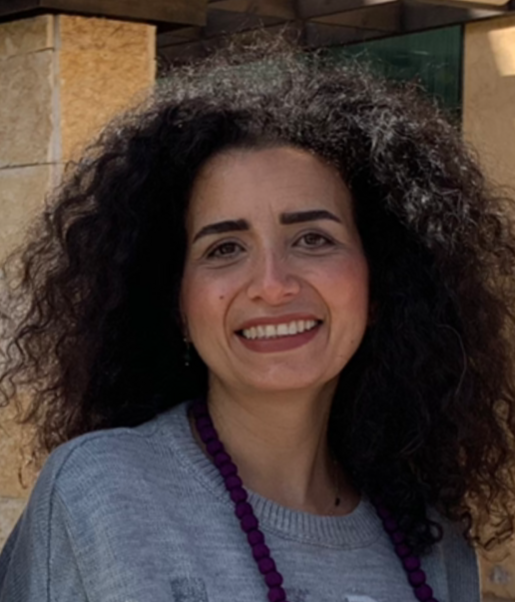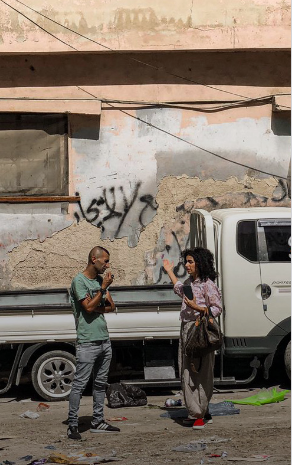Tackling pollution and waste management in informal settlements
Pollution and waste management have long been a challenge in densely populated refugee camps because their temporary nature leads to inadequate infrastructure and a lack basic services. This brings significant cost to public health, economic and social mobility, and dignity. Dr Aburamadan’s project responds to some of the challenges of waste management and associated water and air pollution. She proposes to develop a community of practice to develop a comprehensive knowledge base of current best practices to reduce the vulnerabilities of Jordan’s refugee camps to pollution and waste caused by infrastructural gaps, aligning with the Academy’s strategic goals.

The challenge of waste and pollution in informal settlements
Jordanian-based Dr Aburamadan has research interests in sustainable management and development, refugee studies, design science methodology, urban planning, and collaborative communications. Dr Aburamadan has been able to build a strong network within Jordan’s many refugee camps and around their external stakeholders. This has enabled her to develop a deep understanding of their issues.
Refugee camps are temporary settlements and as such lack basic infrastructure and contribute to the expected doubling of Jordan’s population by 2050. This leads to problems relating to, among others, waste management, and air and water pollution. The consequences of this on public health, economic and social mobility, and dignity are enormous. Residents describe how, in the Al Baqa’a camp, rubbish builds up beside homes and affects health. Solving this type of challenge is what the Academy’s strategic goals of using engineering to build a sustainable society and an inclusive economy that works for everyone seeks to encourage.
A Community of practice approach
Dr Aburamadan’s DIA-supported project proposes the development of a community of practice made up of a global transdisciplinary network of academics, multilateral agencies, NGOs, government agencies, and representatives of refugee camps. The network plans to develop a comprehensive knowledge base of current best practices to reduce the vulnerabilities of refugee camps in Jordan from pollution and waste because of poor or lacking infrastructure.
Several collaborators were invited to an expert workshop run by Eco work, an organisation working to help create safe, sound and inclusive approaches to e-waste management through supporting micro-entrepreneurs. They shared their experience of working in this field from projects in Pakistan and India.
The project grew out of Dr Aburamadan’s previous contacts with the Academy and the DIA programme has encouraged supporting and strengthening these existing collaborations. The programme is also helping her to build a peer support network to stimulate engineering-based solutions in Jordan.
An initial kick-off meeting has allowed the team to understand the government’s perspective. Following this meeting, the team held three workshops, one virtual workshop and invited experts from Eco work, Practical Action, Greater Amman Municipality, Jordan Green Building Council, and the Canadian organisation.

“It is crucial to have awareness: Conduct public awareness campaigns to educate the community
In summer the first workshop gave the perspective of experts who are working in government or NGOs regarding waste in dense area and policies behind facing these challenges. The second workshop was an in-person workshop, run by a local farmer in collaboration with the Jordan Nature Academy. This focused on home waste composting and was a more interactive workshop highlighting the challenges and opportunities it presents. The third workshop took place over three days in Jerash (Al Muarad village in north-west Jordan) where burning is a large part of inappropriate waste management by the government organisations.
From these Dr Aburamadan hopes to build a network of stakeholders invested in sustainable waste management in the camps who can help provide support to those communities. This builds on the objectives of the DIA programme by building on Dr Aburamadans’ earlier collaborations. She also plans public awareness campaigns to educate the community about the importance of waste reduction, proper waste disposal practices, and the benefits of recycling, so promoting behavioural change, supporting the Academy’s strategic aims of creating a sustainable and equal society.
Related content
DIA awardees
Distinguished International Associates (DIA) are international engineers working across all sectors. They work at the c…
FAQ
Information and answers to common queries about the Distinguished International Associates (DIA) Programme
